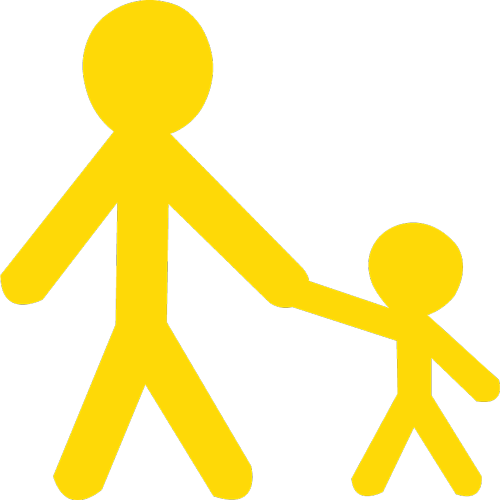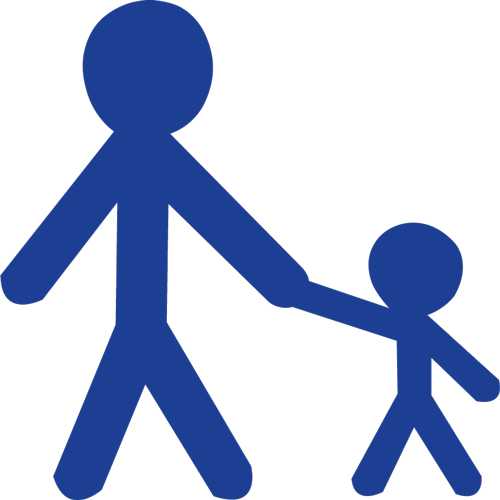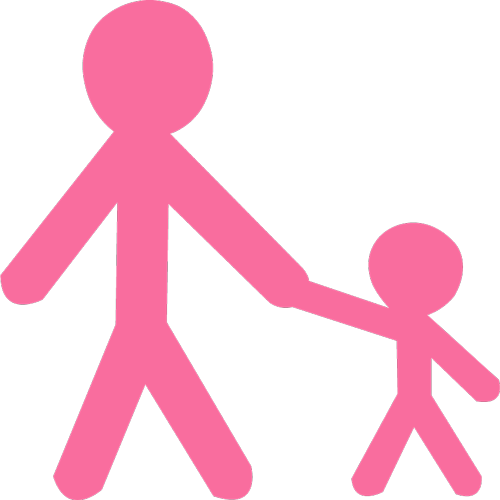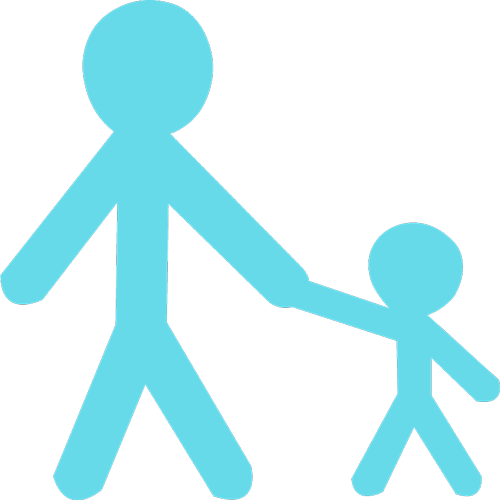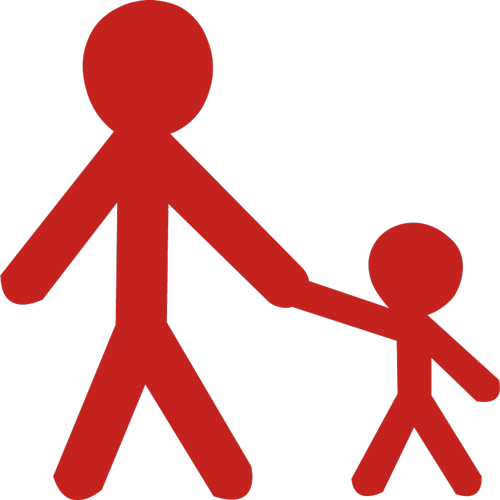Curriculum
ACCD’s large outside play area is used as a teaching tool. Guided exploration of the woods, Baird Butterfly Garden and Ambrose Community Garden allows on-the-spot lessons in nature and science. There is a plot reserved for ACCD in the community garden. When possible, children can experience “garden to table” snacks!
Caring for our environment is an important foundation for ACCD’s curriculum. Conservation of resources and recycling are part of an ongoing emphasis of being good friends – to each other and the natural world.
All classes participate in “Motor Families,” a movement program that intentionally encourages gross/fine motor development. A routine of crawling, rolling, balancing and catching balls/bean bags helps children gain balance and have greater agility and supports cognitive development. See http://www.motormomsanddads.com/ .
Central to ACCD’s curriculum is attention to the developmental needs of children – social, emotional, physical and cognitive – and understanding each child develops at his/her own pace.
Our curriculum includes these core concepts:
- Developing social and emotional skills are vital to successful learning and living in the world.
- Understanding and accommodating children’s different learning styles is a priority.
- Experiencing opportunities and guidance that foster positive attitudes, along with developing skills and learning processes, and wide-ranging content knowledge, build foundations for lifelong learning and responsible living.
- Designing classrooms to create a sense of community where children learn how to get along with others and peacefully problem-solve when interacting with peers and teachers helps build positive attitudes and behaviors.
- Learning is facilitated by intentional arrangement of the environment, stable daily schedules, large and small group times, age-appropriate formal instruction, active participation by the child, and peer interactions.
- Planning developmentally- and age-appropriate activities is foundational. Interest areas include dramatic play, art, library, movement, music, cooking and exploration.
ACCD’s over-arching is goal is that each ACCD child will:
- Learn from and through relationships and interactions
- Show an increasing ability to initiate and sustain age-appropriate play and interactions with peers and adults
- Begin to develop and practice the use of problem-solving and conflict resolution skills
- Respectfully recognize the similarities and differences in people (gender, family, race, culture, language)
- Show an increasing capacity to consider another’s perspective
Let's Talk
Find Us
